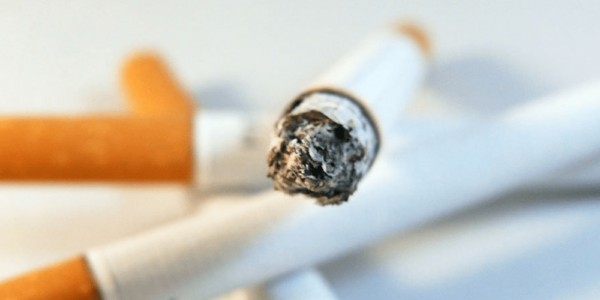
Why Do You Have to Stop Smoking Before Plastic Surgery?
Physicians in general would love to see patients stop smoking. Smoking harms the body in significant ways including cancer, heart disease, lung disease, stroke, diabetes, asthma and COPD, just to name a few. Smoking also increases the risk of immune system complications, tuberculosis, certain eye conditions, rheumatoid arthritis, blood clots and effects on reproduction. Quitting smoking can reduce the risk of health problems by lowering heart rate, reducing carbon dioxide in the blood, less coughing and wheezing, and providing better circulation.
Any time is the best time to quit smoking but considering a plastic surgery procedure may give you extra incentive to ditch cigarettes, tobacco and vaping for good. Chances are you are electing plastic surgery because you want to make improvements to your outward appearance, looking younger and healthier. Why not provide your body with the same benefits internally?
Giving up smoking is a requirement of plastic surgery. Surgeons will require patients to quit smoking anywhere from 6 to 12 weeks before an operation. Not only is nicotine addictive, but it has strong side effects that harm almost every organ in the body. Nicotine shrinks blood vessels and decreases blood flow throughout the body. Blood flow delivers oxygen and nutrients to tissues that are trying to heal, a component that is necessary for successful recovery from plastic surgery.
If the operation involves moving tissue, common in a facelift, tummy tuck or breast augmentation, the blood supply is diminished temporarily or even altogether. When nicotine further halts blood flow to the tissue, there may be negative outcomes such as loss of skin or increased or severe scarring. The body works harder to compensate for decreased blood supply with many research studies showing significant surgical complication rates with a 50% higher complication rate for smokers versus non-smokers with many patients experiencing tissue death and a necessary second corrective operation. Smoking also increases the likelihood of infection and problems with anesthesia. This is due to increased irritability and slowed self-cleansing of the airway.
Since plastic surgery is elective, surgeons can use the same discretion when accepting new patients. Plastic surgery can be a worthwhile and long-term investment; do not sabotage its benefits with nicotine use. The oxygen starving effects of just 1 cigarette can last up to 8 hours. Mixing nicotine with plastic surgery can cause permanent small blood vessel damage, thick scarring, increased pain, loss of breast implants, infections, loss of skin, delayed healing, increased pain and life-threatening complications. When scheduling a plastic surgery procedure, you want to err on the side of caution from the quality of care you receive to the latest technology implemented. It is wise to use the same caution in surgery preparation with the decision to stop smoking before plastic surgery.
For more information regarding the do’s and don’t for your elective procedure, contact David W. Allison, MD by 703-754-8228 or at WEBSITE.
